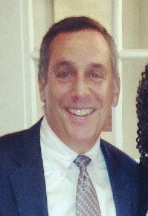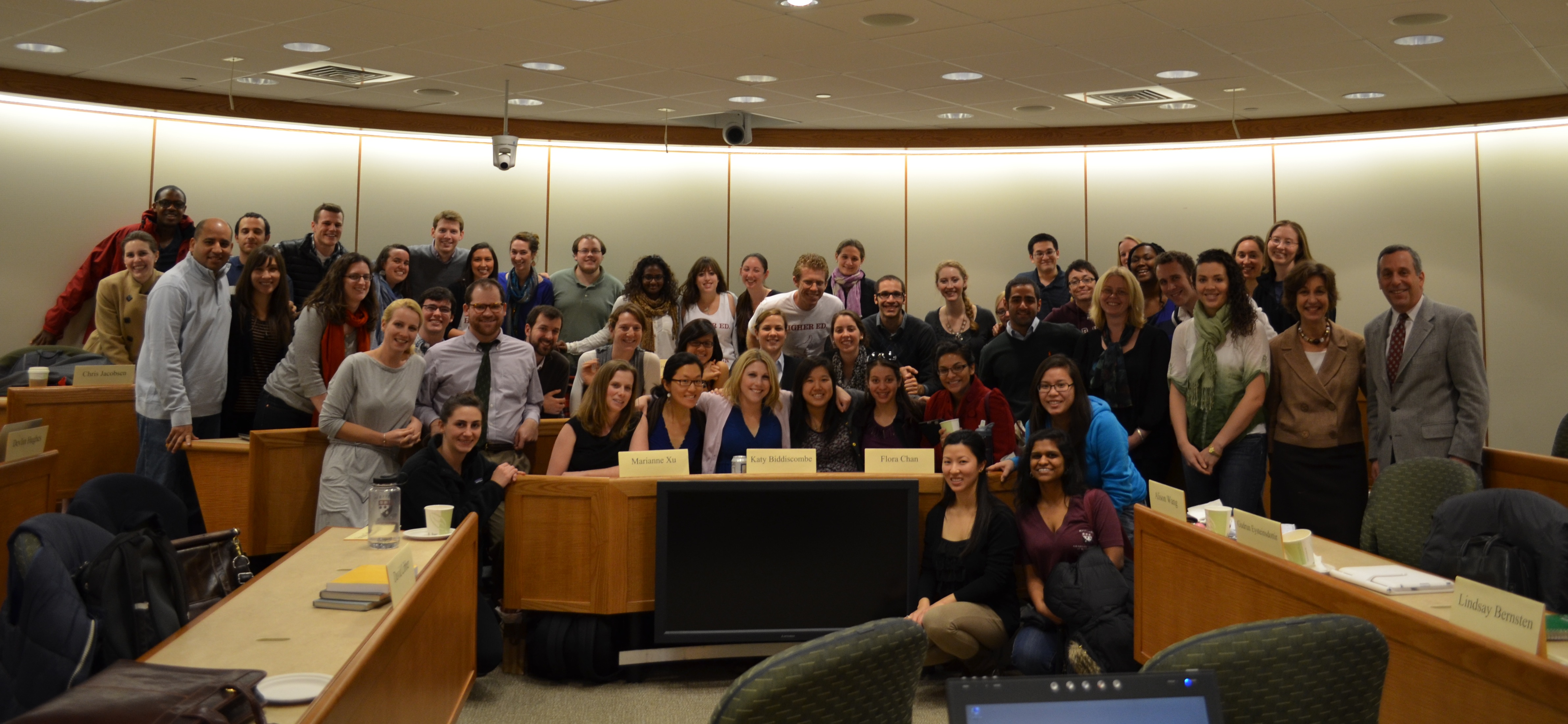Will Online Education Replace the Campus Experience? Former MIT Chancellor Larry Bacow '72 Weighs In
-
-
slice.mit.edu
Filed Under
Recommended
 "From the time I was eight years old I knew there was only one college I wanted to go to, and that college was MIT."
"From the time I was eight years old I knew there was only one college I wanted to go to, and that college was MIT."Former MIT Chancellor Larry Bacow ’72 may work at Harvard these days but he remains true to his roots at MIT. Larry is currently in his second year as the President-in-Residence for the Higher Education Program at the Harvard Graduate School of Education. Aside from co-teaching a course in the fall, Larry is also an advisor to several students in the program. I am one of Larry’s advisees and when I asked him to do an interview for Slice his response said it all: “Anything for MIT.”
What have you been working on since stepping down from the Presidency at Tufts?
Aside from my work as President-in-Residence I am currently collaborating with Bill Bowen, former president of Princeton University and the Mellon Foundation; Mike McPherson, president of the Spencer Foundation; and Kevin Guthrie, president of ITHAKA, on a series of papers exploring how technology is likely going to influence colleges and universities in the future. I am also working on a number of matters for the Harvard Corporation, of which I am a member, and, candidly, I give a fair number of speeches as well. Other than that I am trying to spend as much time with my two-year-old grandson as possible.
Is it strange to be at Harvard after 24 years as a faculty member at MIT and a decade as president of Tufts?
I describe my career as an oscillating function on the red line. I was a student at MIT, a graduate student at Harvard, a faculty member and chancellor at MIT, President of Tufts, and now I am back at Harvard. I have had the opportunity to participate in the governance of three great universities. I understand what makes each university unique and excellent in its own right, but when you open me up I don’t bleed crimson, I bleed cardinal and grey.
 Larry Bacow and the 2013 HGSE Higher Education Program Cohort
Larry Bacow and the 2013 HGSE Higher Education Program Cohort
You mentioned your research into online education. Do you think it is going to replace traditional bricks-and-mortar higher education?
No. However, online education will force traditional institutions to think hard about what value is added through the residential experience. Therefore, traditional institutions must get better at explaining what differentiates them. As Brian Hughes '77, former president of the MIT Alumni Association, once said, “Interesting things happen when you combine great faculty and great students under temperature and pressure for four years.” While this catalytic reaction may be obvious to those experiencing it, we don’t always do a good job of explaining it to those who sit on the outside, including those who have traditionally funded residential higher education. Leaders in higher education need to do a better job of articulating the value added by the residential experience in the future.
The California Senate recently sponsored a bill that would mandate that public universities accept credit earned in massive open online courses (MOOCs) to fulfill certain graduation requirements. What are your thoughts on this?
I think accepting credit earned in MOOCs has great potential for providing access to the gateway courses that are preventing students from advancing toward their degrees in some public institutions; however, I do not like the idea of it being mandated by law. I hope that colleges and universities will continue to look at the ways online education can provide access for students, but this law strikes me as a very blunt instrument. Different institutions have different ways of doing things; a one-size-fits-all approach won’t work. The way you teach statistics to engineers is very different than the way you teach it to social scientists. Online education might lead to convergence in the way some subjects are taught, but institutions will still want and need to customize these courses to meet the needs of their individual students.
What do you see as the greatest challenge for leaders in higher education today?
The greatest challenge for higher education is bending the cost curve. We risk jeopardizing widespread public support for higher education if we cannot demonstrate our ability to get costs under control. Failure to do so would be devastating for a place like MIT that is so dependent on federal support for research.
Do you think you will ever return to teaching on a full-time basis?
I love being in the classroom. However, giving a speech is a lot like teaching, just in a different setting, so I still feel like I am teaching often.







